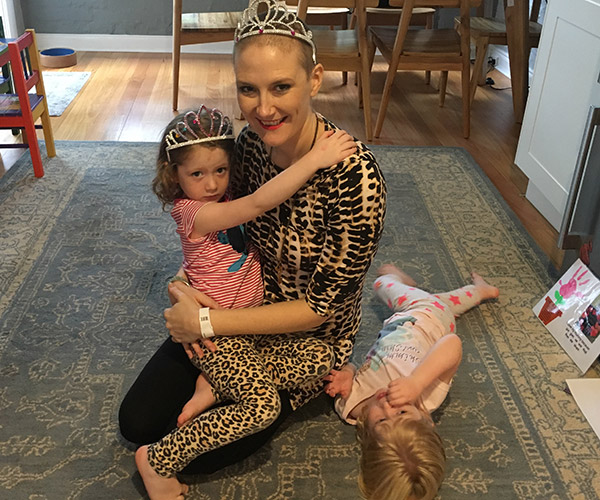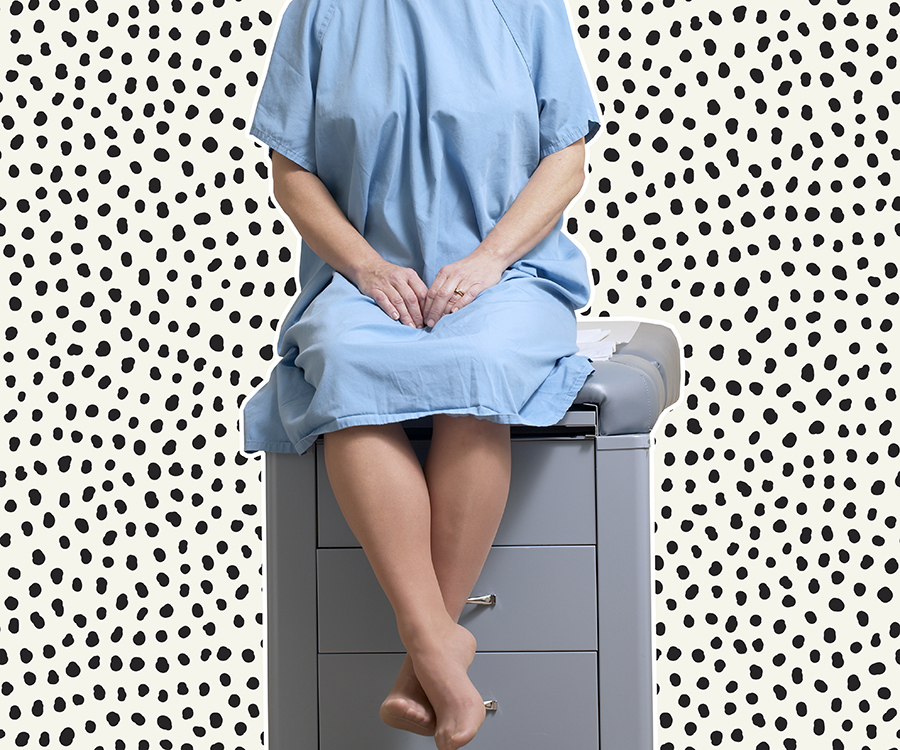It’s the most lethal women’s cancer and the sixth most common cause of cancer death for women in Australia, but it seems we just don’t know enough about ovarian cancer.
In fact in a study commissioned by Ovarian Cancer Australia Teal Ribbon Day in February 2019, research found that a shocking 40 per cent of us don’t know how to recognise the symptoms of the disease.
Unlike breast and cervical cancers, there is no early detection test for ovarian cancer but there are some signs that women should take note of.
Ovarian Cancer Australia’s CEO Jane Hill says that if the following symptoms are new, unusual or persistent, it’s time to check in with your GP.
“All Australians need to know the main symptoms of ovarian cancer, which are abdominal or pelvic pain, increased abdominal size or persistent abdominal bloating, the need to urinate often or urgently, or feeling full after eating a small amount.”
Additional symptoms include:
Changes in bowel habits
Unexplained weight gain or loss
Excessive fatigue
Lower back pain
Indigestion or nausea
Bleeding after menopause or in-between periods
Pain during sex or bleeding after
Take note of these symptoms.
(Image: Ovarian Cancer Australia)Around 1,720 Australian women are diagnosed with ovarian cancer every year and over 1,042 succumb to the disease.
If it’s caught in the early stages, women have an 80 per cent chance of survival, but a massive 75 percent are diagnosed in advanced stages when successful treatment is a lot harder. It has a low five-year survival rate of just 45.7 percent.
Unfortunately, the biggest risk factor of ovarian cancer is simply getting older as the average age of diagnosis is 64, but other factors can come into play.
Hereditary factors like inheriting a faulty gene such as a mutation in BRCA1 or BRCA2 genes or having a strong family history of ovarian, breast or some other cancers can lead to a higher risk of ovarian cancer, though most women diagnosed don’t have a family history of the disease.
WATCH: Kate Winslet and Leonardo DiCaprio team up to help “save the life” of a new mum diagnosed with ovarian cancer. Post continues…
If you have any concerns, don’t hesitate to speak to your GP or healthcare professional.
You can get more information about ovarian cancer or donate to Ovarian Cancer Australia, visit their website here.

